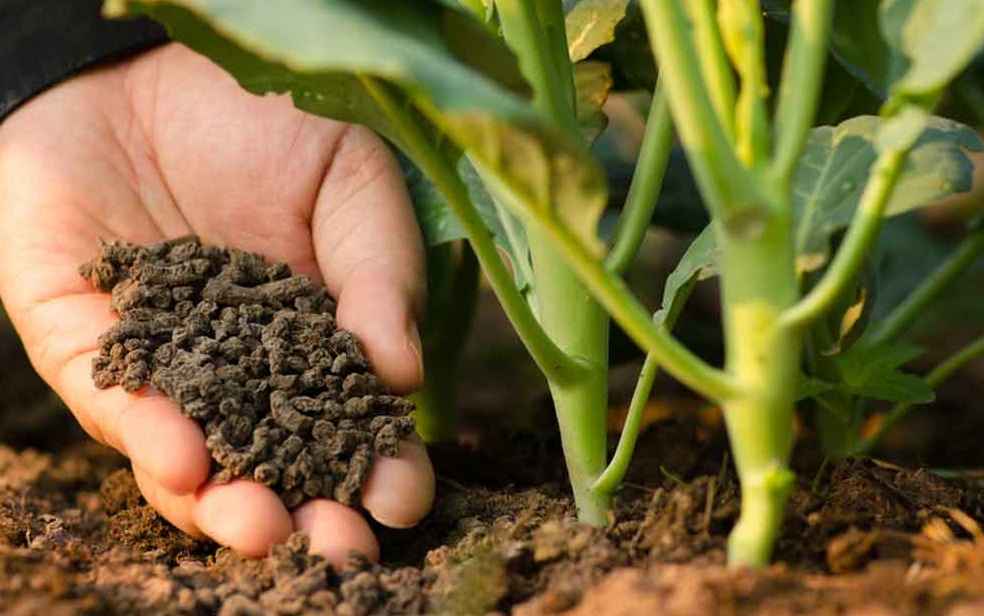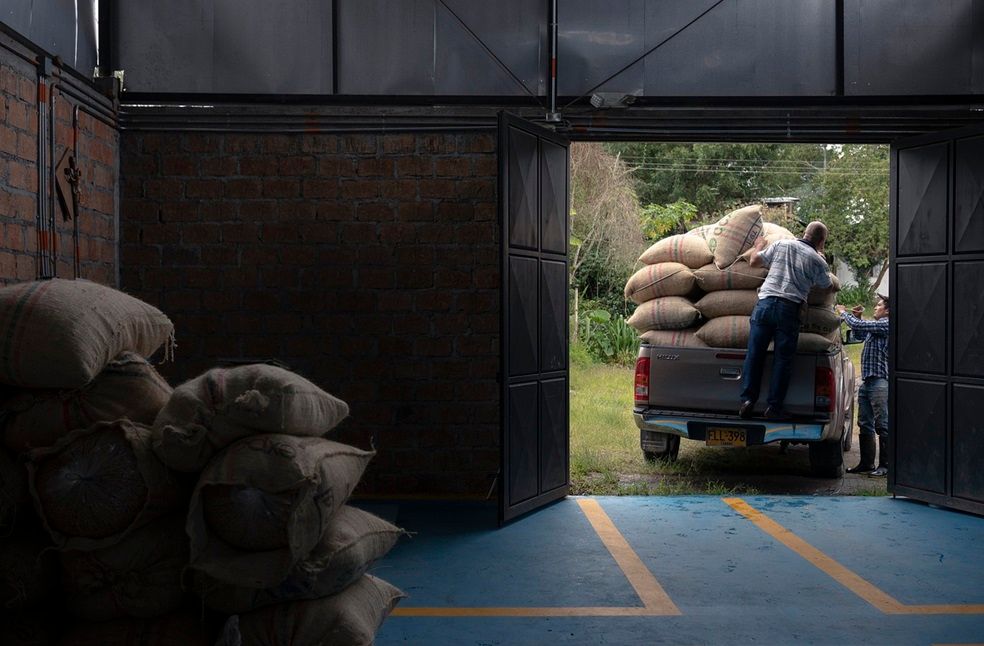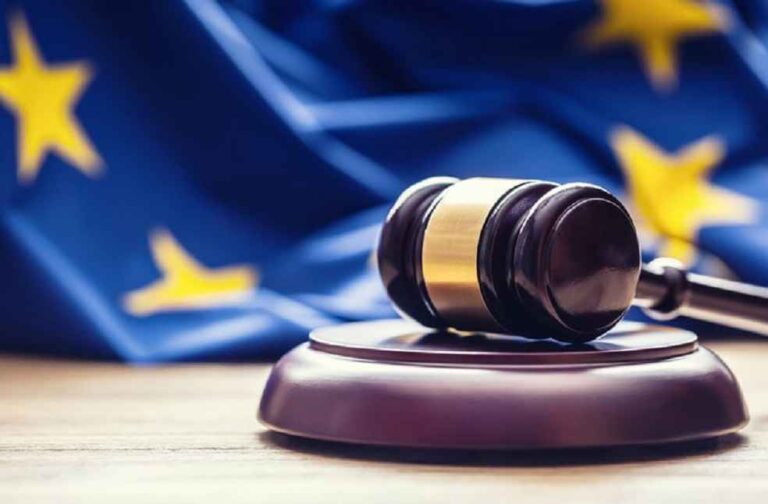The European Parliament’s Committee on International Trade has sanctioned a 50% tariff hike on specific agricultural goods from Russia and Belarus that had previously been exempt from customs duties. As stated on the European Parliament’s website on May 15, the initiative seeks to lessen the EU’s reliance on Russia and Belarus. The revised tariffs will be imposed on items such as sugar, vinegar, flour, and animal feed.
The EU also intends to introduce a 6.5% tariff on fertilizers from both countries. Additionally, a fixed charge of €40–45 ($45–50) per ton will be implemented in 2025–2026, with the duty expected to rise to €430 ($482) per ton by 2028.

EU officials state that revenue generated from Russian and Belarusian fertilizer sales directly contributes to financing the war in Ukraine.
According to Inese Vaidere, the standing rapporteur for Russia, the proposal will strengthen EU fertilizer production, which has been affected by cheap Russian imports, while allowing farmers time to adjust.
In 2023, fertilizer imports from Russia were already high and saw further growth in 2024. The Commission warns that this economic dependence threatens EU food security and leaves the union vulnerable to potential coercion by Russia.
The regulation grants the Commission oversight of prices, with Brussels to intervene if market disruptions threaten the internal market and EU farmers.

The European Union has introduced new tariffs as part of a decade-long series of sanctions aimed at hindering Russia’s war in Ukraine. The European Parliament will hold a vote on the draft during the upcoming plenary session in Brussels on May 22.
IMEX SECTOR | Indonesia Plans to Export Rice to Malaysia as Demand Surges



